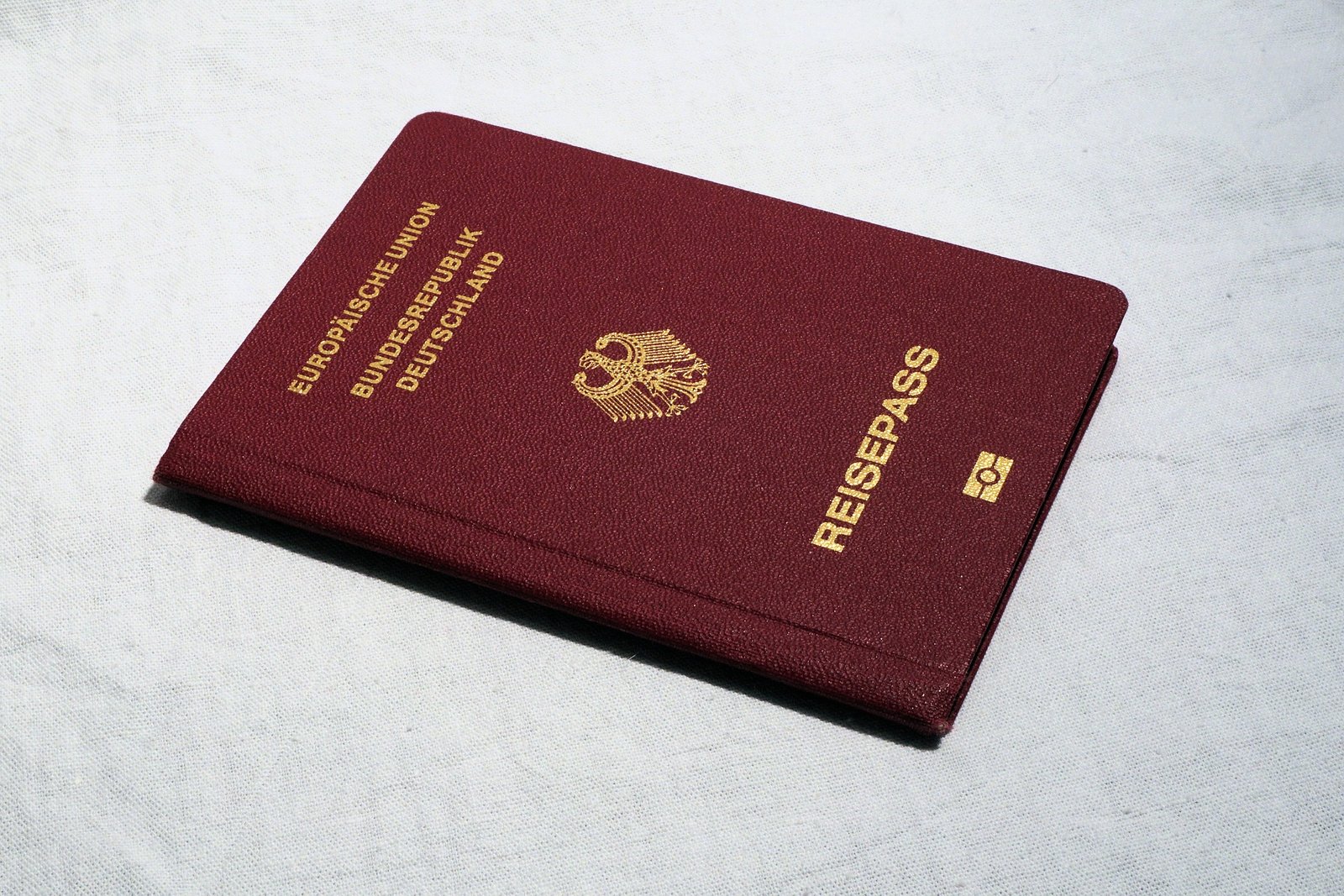The German Federal Government has given its nod to a new citizenship law aimed at simplifying the naturalization process for foreigners residing in Germany. This pivotal legislation introduces several changes to facilitate citizenship acquisition. Here are the key points of the new law:
- Residence Requirement Reduced: The required period of residence to become eligible for German citizenship has been shortened from eight years to five years.
- Citizenship for Children: Children born in Germany will automatically receive German citizenship if at least one parent has been lawfully residing in the country for more than five years. This provision aims to streamline the citizenship process for families with foreign-born children.
- Integration and Language Skills: Successful integration, proficiency in the German language, and the ability to financially support oneself will be mandatory prerequisites for naturalization.
- Accelerated Naturalization: Foreigners who demonstrate exceptional work performance, engage in voluntary work, exhibit strong German language skills, and achieve financial independence will have the option to apply for citizenship after just three years of residence.
- Exemptions for Contributing Workers: The naturalization test will be waived for guest and contract workers who have made a significant contribution to Germany’s development.
- Respect for Values: The law emphasizes that aspiring German citizens must respect the principles of the free democratic basic order. Individuals who do not uphold gender equality or engage in polygamy will be excluded from the benefits of the new citizenship law.
This progressive legislation reflects Germany’s commitment to fostering a more inclusive and integrated society. Interior Minister Nancy Faeser welcomed the approval of the law, highlighting its significance for global competitiveness and Germany’s standing as a favorable business location. She underscored the importance of modernizing Germany’s immigration system to attract and retain skilled workers, aligning with the previously enacted Skilled Immigration Act.
The Ministry of Interior revealed that a substantial portion of Germany’s foreign national population, approximately 5.3 million out of 12 million, has resided in the country for at least a decade. This new law aims to provide these long-term residents with the opportunity to become German nationals and enjoy the rights associated with German citizenship.



